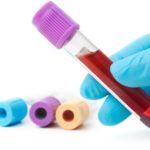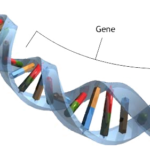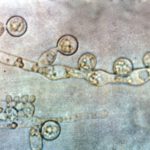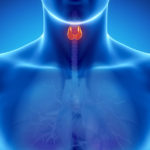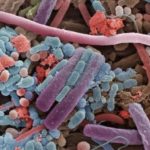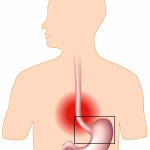The methylation cycle is a biochemical pathway that manages or contributes to a wide range of biochemical functions including detoxification, supporting DNA (turning genes on and off), producing energy, reducing inflammation and synthesising neurotransmitters (brain chemicals). Inadequate methylation capacity can lead to birth defects, depression, cognitive decline, and cancer.
There are multiple variations of the test to choose from, but some of the most important markers are:
- Homocysteine – an amino acid associated with atherosclerosis that can become elevated when there is a need for folate, vitamin B6 and/or vitamin B12
- S-Adenosyl Methionine (SAMe) – involved in many different reactions in the body
- S-Adenosyl Homocysteine (SAH) – a key component of the methylation cycle, of which elevated levels are a risk factor for cancers and neurodegenerative diseases
- 5-methyl tetrahydrofolate (5MTHF) – the active form of vitamin B9, also known as folic acid or folate, which is best known for protecting against neural tube defects in pregnancy

